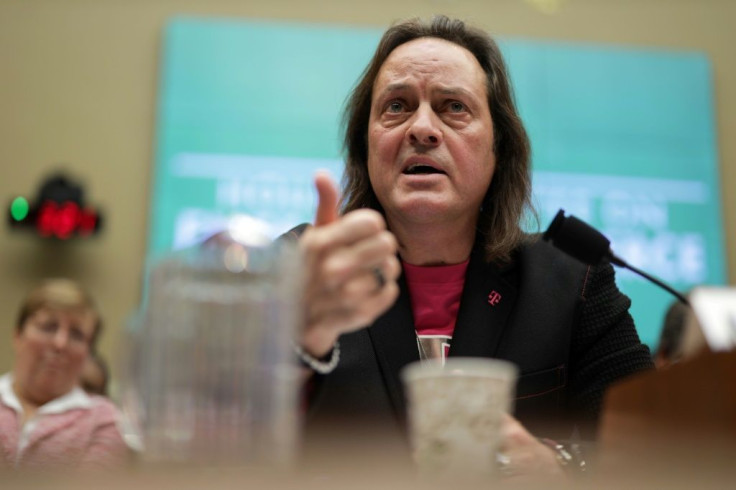T-Mobile, Sprint Merger Finally Approved By FCC: What's Next?

The Federal Communications Commission (FCC) has given its stamp of approval to the $26 billion acquisition of Sprint by T-Mobile with conditions that it would monitor the commitments made.
The FCC order on the Sprint T-Mobile merger came after it was approved by a 3-2 vote.
“The merger would bring the benefits of the next generation of wireless technology to American consumers and advance American leadership in 5G,” FCC Chairman Ajit Pai said in a statement.
According to Pai it would “help millions in rural America benefit from high-speed 5G mobile broadband service and promote competition.”
Benefits and the work ahead
Although the FCC order sounds bullish on benefits to consumers and dispels concerns over the emergence of a less competitive wireless carrier industry, the Federal agency has set the tasks the merged company must undertake.
One is T-Mobile and Sprint must deploy 5G service within three years to cover 97 percent of the American people, and within six years the reach must expand to 99 percent of Americans. This commitment will involve deploying 5G service to cover 85 percent of rural Americans within three years and 90 percent of rural Americans within six years.
The order notes the speed of mobile service will be an important parameter. It wanted the committed done within six years offering 90 percent of Americans access to mobile service with Internet speed test qualifying at least 100 Mbps. Also, 99 percent of Americans must get service with a speed test delivering at least 50 Mbps.
The FCC Chairman added that the transaction will provide New T-Mobile with the “scale and spectrum resources necessary to deploy a robust 5G network across the United States.”
Penalty for breaching promises
The Federal agency said compliance with these commitments will be verified by a rigorous speed test, which an independent third party will undertake under the Commission’s oversight. This is to ensure that the service Americans receive will be what the parties have promised.
To enforce these commitments and their timely implementation, the parties in the wireless merger will be required to make payments to the tune of $2 billion if commitments are not met within six years.
Additional payments will also be sought until they have fulfilled all their commitments.
However, the Commission dismissed fears that the transaction, as conditioned, would harm competition. The Commission rather sees the opposite, consolidation will enhance competition in rural America, home broadband and enterprise markets.
Concerns over the deal
In a dissenting note on the deal, FCC Commissioner Jessica Rosenworcel warned: “mindless consolidation has a proven track record of making things worse for the U.S. consumers, not better.”
The market size of the U.S. Wireless Carriers is $282.9billion in 2019, based on revenue. The top 4 players in the United States on subscriber count basis are AT&T Mobility, Verizon Wireless, T-Mobile US and Sprint Corporation.
Meanwhile, after the FCC and DOJ approvals, the merging wireless companies have to surmount the legal challenges from a dozen states which are opposing the merger as anti-consumer and filed lawsuits. The state-level challenges have the potential to delay the merger, according to market watchers.
© Copyright IBTimes 2024. All rights reserved.



















